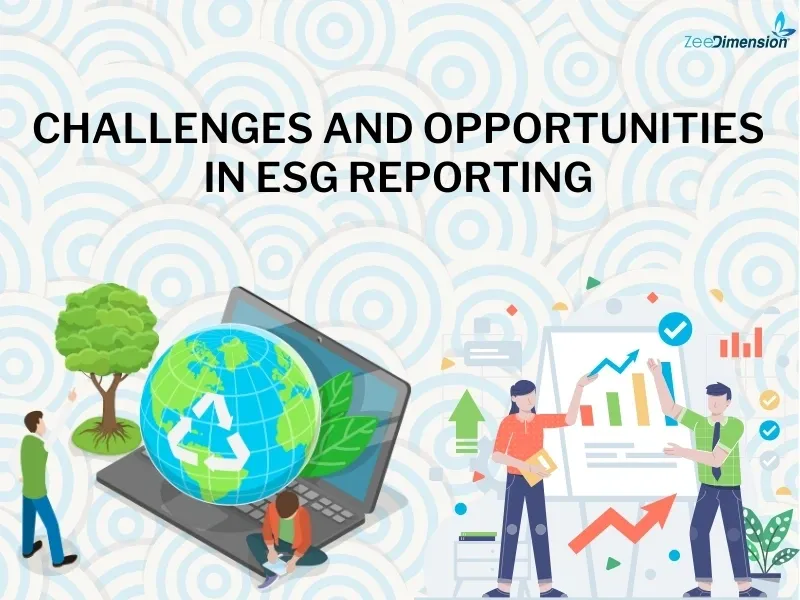
Introduction
ESG reporting plays a crucial role in fostering transparency, trust, and accountability within companies. It not only attracts responsible investors but also helps businesses align with global sustainability goals. However, to unlock the full value of sustainability, companies must overcome the challenges associated with ESG reporting, ensuring they navigate its complexities successfully for long-term success.
Key Challenges in ESG Reporting
ESG reporting faces several challenges, such as the lack of standardization, leading to inconsistencies. Collecting accurate data can be resource-intensive, and varying regulations add complexity. Many companies treat ESG as a compliance task rather than a strategy, while limited in-house expertise makes reporting harder.
Opportunities in ESG Reporting
ESG reporting offers valuable opportunities for companies. It builds trust with investors and customers through transparency and encourages innovation to improve efficiency. Aligning with global goals shows commitment to the UN SDGs, while also helping identify risks early, giving companies a competitive edge.
How to Overcome Challenges
To address ESG reporting challenges, companies can take a few simple steps. Using frameworks like GRI or TCFD helps keep things consistent. Technology can make tracking data easier. Training employees and setting up ESG teams builds expertise. Working together across departments aligns ESG goals with business plans.
The Role of Technology in ESG Reporting
Technology enhances ESG reporting by automating data collection with AI tools, ensuring accuracy through analytics platforms, and simplifying disclosures for stakeholders via digital systems. This boosts efficiency and strengthens transparency in ESG efforts.
Emerging Trends in ESG Reporting
Emerging trends in ESG reporting are transforming how companies track and communicate their impact. AI-driven insights optimize ESG metrics, while integrated reporting combines financial and ESG performance. Sector-specific frameworks offer tailored guidelines, ensuring industries address unique challenges effectively.
Conclusion
ESG reporting goes beyond mere compliance—it presents a strategic opportunity for companies to generate long-term value. By embracing challenges and driving innovation, businesses can position themselves as leaders in sustainability, resilience, and growth.
Call to Action
How is your organization tackling ESG challenges? Share your experiences or insights with us in the comments. Together, we can transform ESG reporting into a real catalyst for change.







